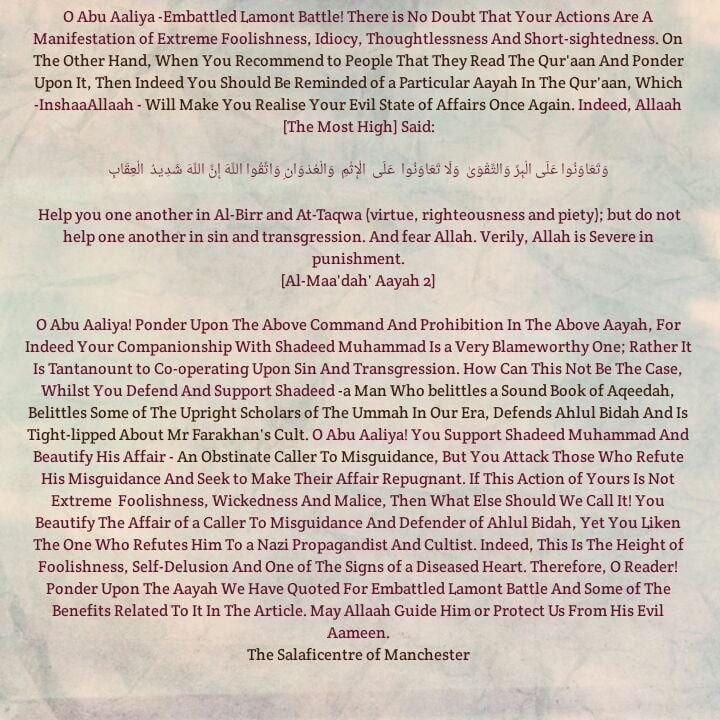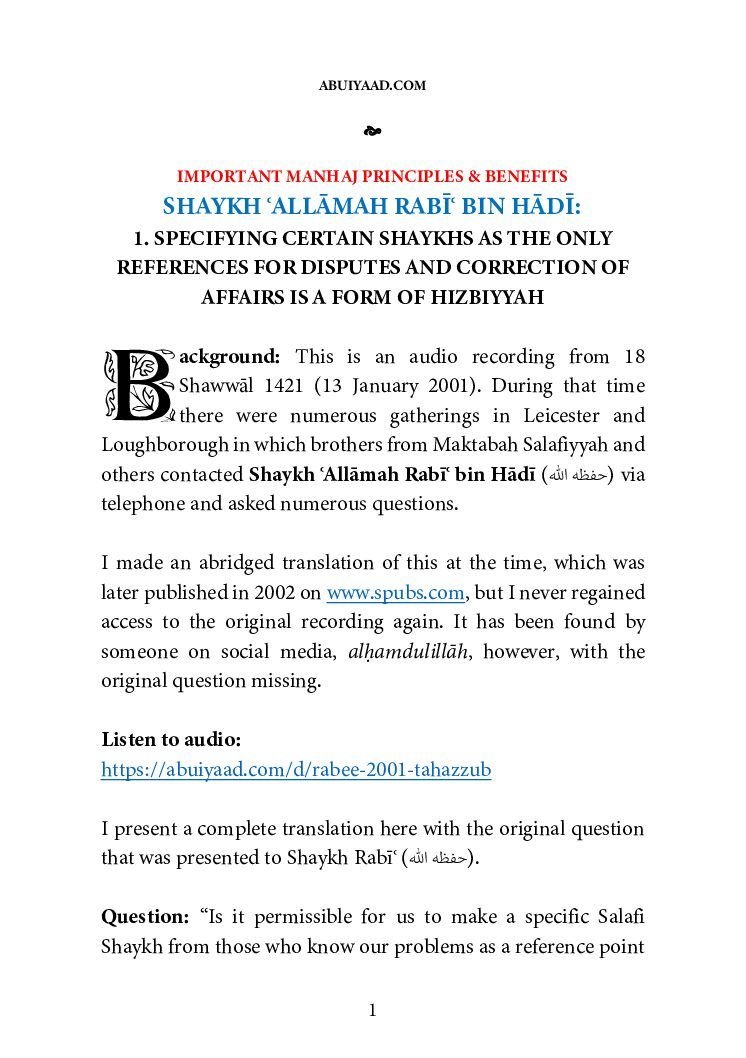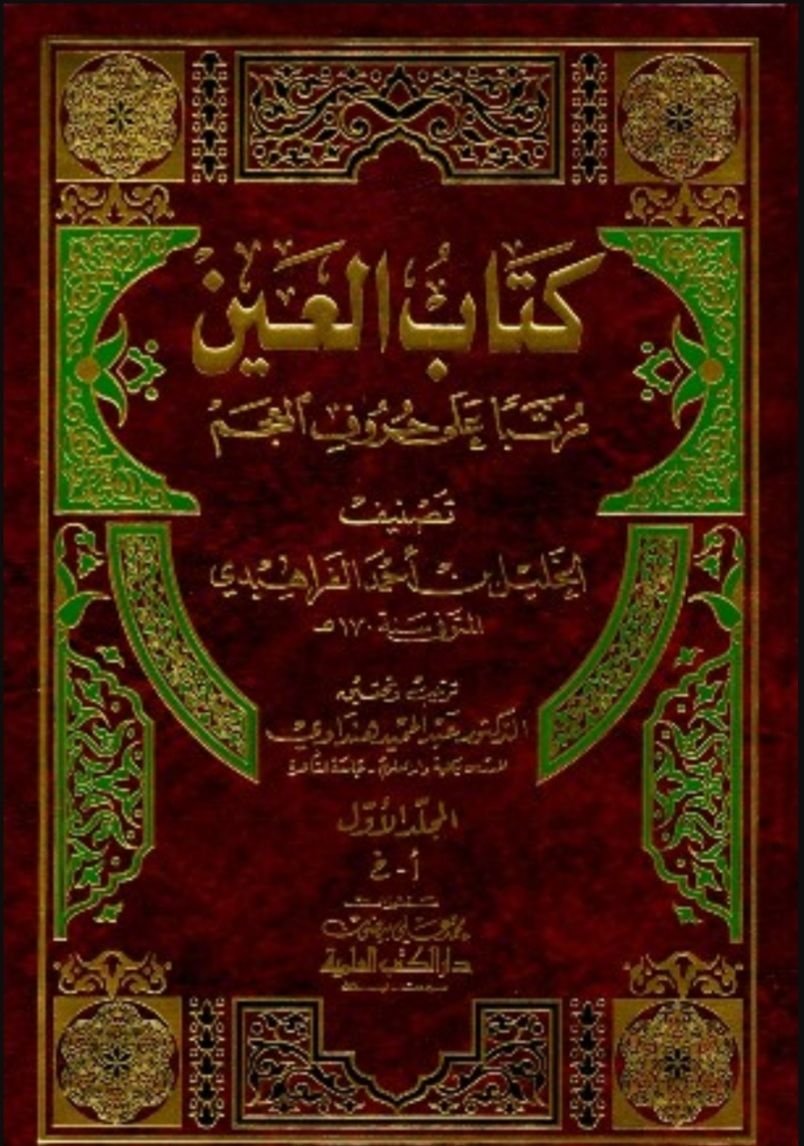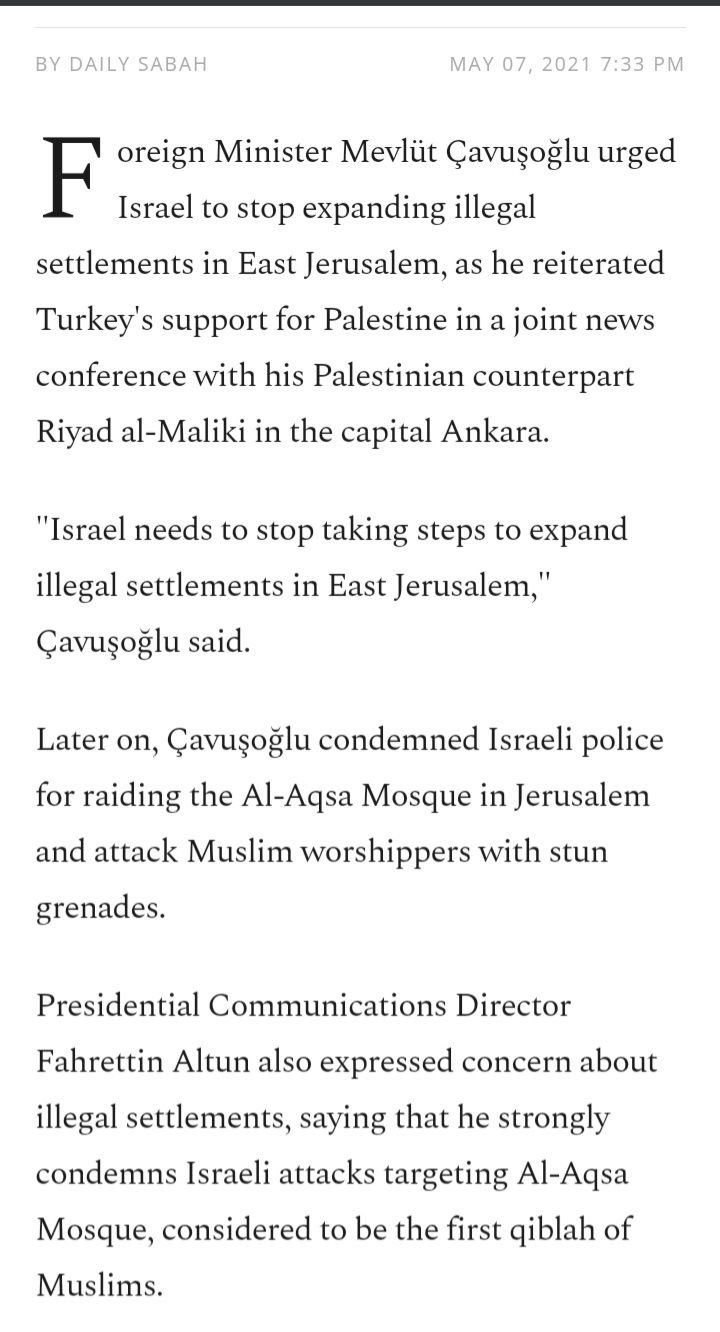Is it permissible or possible for her to teach? – Shaykh Ghudayyaan (rahimahullaah)
The ruling on studying in the mosques at the hands of one who took knowledge from the books and cassette tapes.
Question
May Allaah bestow good to you and bless you–The questioner of this question asks and she says: A female Muslim seeks knowledge through translated books and cassette tapes and she has the opportunity to contact the scholars with regards what she finds difficult; is it permissible or possible for her to teach the female Muslims in the Masjid due to the absence of others who can teach the affairs of Manners, Aqeedah and Manhaj?
Answer
What is known is that a person is to take knowledge from the mouth of the scholars and every (type of) knowledge is taken from a person who is well established in that knowledge. So when one wants to acquire the knowledge of the Tafseer of the Qur’aan, he takes it from a person who is well established in this knowledge, and this is how it is with all the other sciences-this is the means.
The second means: Indeed a person reads the books; but he should not read the books and depend on them, except if he is qualified to understand them in a correct manner; because if he has deficiencies in his understanding, then indeed he will understand something in a manner other than what it is. Thereafter, he speaks with what he understands and what he speaks with is a mistake, so people act upon what he explains to them in a wrong manner and he carries their sins.
And with regards to this woman, I advise her that she does not teach based on the fact that she read the books without anyone explaining these books to her. This is the answer to this question. [End]
– Shaykh Abdullah al Ghudayyaan
[Source: see post number 1 on this link http://www.sahab.net/forums/index.php?showtopic=134918. Slightly paraphrased]
- Next Topic: Who is the Male or Female Student of knowledge











